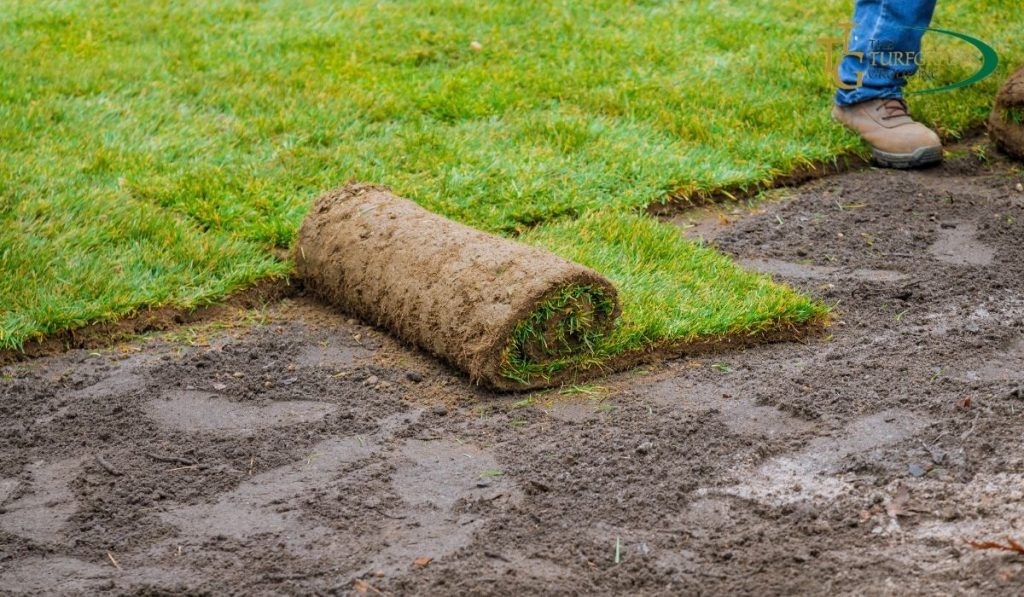
If you’ve ever marveled at the lush green lawns of golf courses, sports fields, or even your neighbor’s front yard, you have likely encountered the work of turf professionals.
These experts play a crucial role in maintaining the health and aesthetics of turfgrass areas.
In this article, we’ll dive into the world of turf professionals, exploring their roles, responsibilities, qualifications, and impact on our environment.
What Are Turf Professionals?
Turf professionals, often referred to as turfgrass managers or greenkeepers, are highly trained in cultivating, maintaining, and managing turfgrass areas.
Their primary objective is to ensure that lawns, sports fields, and green spaces are pristine.
This includes mowing, fertilization, pest control, and irrigation management.
The Importance of Turf Professionals
Turf professionals are essential for maintaining the beauty and functionality of landscapes.
They are responsible for creating safe and enjoyable outdoor spaces.
Without their expertise, turf areas would quickly deteriorate, affecting aesthetics and functionality.
Properly maintained turfgrass also has ecological benefits, such as reducing soil erosion and improving air quality.
Qualifications and Skills of Turf Professionals
Becoming a turf professional requires a combination of education and experience.
Many turf managers hold degrees in fields like agronomy or horticulture.
They also need strong problem-solving skills, knowledge of plant biology, and an understanding of the various grass species.
Additionally, they should be skilled in operating and maintaining turf management equipment.

Duties of Turf Professionals
Turf professionals undertake a range of duties to ensure the quality of turf areas. These include:
- Mowing
- Soil Analysis
- Fertilization
- Pest and Weed Control
- Irrigation Management
- Aeration
- Disease Management
- Environmental Stewardship
The Turf Management Process
The turf management process involves regular assessments, planning, and execution of maintenance tasks.
Professionals monitor the turf’s health and tailor their approach based on the specific needs of the grass species, weather conditions, and intended use of the area.
Types of Turf Professionals
Turf professionals can work in various settings, including golf courses, sports fields, parks, and residential landscapes.
Their specific roles may vary depending on their work environment.
Golf course superintendents, for instance, focus on maintaining golf courses, while groundskeepers are responsible for sports fields and parks.
Tools and Equipment Used by Turf Professionals
Turf professionals rely on various tools and equipment, from lawn mowers and tractors to soil testing kits and irrigation systems.
These tools are essential for efficiently carrying out their duties and ensuring the health of the turf.
Challenges Faced by Turf Professionals
Turf professionals encounter challenges such as adverse weather conditions, pests, and budget constraints.
Overcoming these challenges requires adaptability and creativity in problem-solving.
Sustainable Turf Management Practices
Many turf professionals are now embracing sustainable practices to reduce environmental impact.
This includes environmentally friendly fertilizers, water conservation, and integrated pest management.
Career Opportunities for Turf Professionals
The demand for skilled turf professionals is rising, with opportunities available in various sectors, including sports, landscaping, and golf course management.
A turf management career can be financially rewarding and fulfilling for those passionate about green spaces.
How to Become a Turf Professional
To become a turf professional, you’ll need to follow these steps:
- Obtain relevant education (e.g., a degree in agronomy or horticulture).
- Gain hands-on experience through internships or entry-level positions.
- Pursue certifications from organizations like the Golf Course Superintendents Association of America.
- Continuously update your knowledge and skills to stay current in the field.
Benefits of Hiring Turf Professionals
For property owners, hiring turf professionals brings numerous benefits.
It ensures your turf areas are well-maintained, aesthetically pleasing, and safe.
Additionally, professional care can extend the lifespan of your lawn and reduce long-term maintenance costs.
Turf Professional Associations and Training Programs

Turf professionals often join associations like the Sports Turf Managers Association (STMA) or participate in training programs to stay informed about industry best practices and network with peers.
Conclusion
Turf professionals are the unsung heroes responsible for the beauty and functionality of our outdoor spaces.
Their expertise and dedication ensure we enjoy green, healthy lawns and sports fields.
So, the next time you step on a well-kept lawn, remember these green guardians’ hard work and passion.
FAQs
What is the role of a turf professional?
Turf professionals are responsible for maintaining and managing turfgrass areas, ensuring they remain healthy and aesthetically pleasing.
How can I become a turf professional?
To become a turf professional, you should obtain relevant education, gain practical experience, and consider certifications in turf management.
Why is hiring a turf professional important for property owners?
Hiring a turf professional ensures that your lawn or turf areas are well-maintained, safe, and aesthetically pleasing, reducing long-term maintenance costs.
What challenges do turf professionals face in their work?
Turf professionals face challenges such as adverse weather conditions, pests, and budget constraints to maintain turf areas.
How do turf professionals contribute to environmental sustainability?
Many turf professionals adopt sustainable practices, such as environmentally friendly fertilization and water conservation, to reduce their environmental impact.
What are some common challenges turf professionals face in turfgrass maintenance?
Turf professionals often encounter challenges like disease outbreaks, invasive weeds, and the need to balance aesthetics with environmental sustainability in their daily maintenance tasks.
Are there specific seasons or weather conditions that significantly impact the work of turf professionals?
Weather conditions, such as extreme heat, cold, or heavy rainfall, can affect turfgrass health and maintenance schedules. Turf professionals must adapt their strategies accordingly.
How do turf professionals contribute to water conservation in their work?
Turf professionals employ water-efficient irrigation practices and technologies, such as innovative irrigation systems and proper scheduling, to reduce water usage in turfgrass management.
What role do turf professionals play in sports field maintenance, and how does this impact athletic performance?
Turf professionals maintain sports fields to ensure safety and optimal playing conditions. This directly impacts the performance and safety of athletes.
How can homeowners benefit from the services of turf professionals for their residential lawns?
Turf professionals can help homeowners maintain healthy and visually appealing lawns, increasing property value and providing a comfortable outdoor space for leisure and activities.